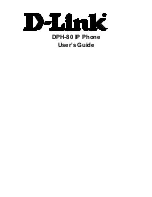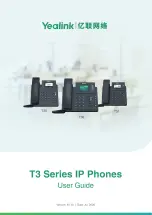
Sect
ion 12
202
Additional information on the safety of RF exposures
from various sources can be obtained from the following
organizations:
•
FCC RF Safety Program:
http://www.fcc.gov/oet/rfsafety/
•
Environmental Protection Agency (EPA):
http://www.epa.gov/radiation/
•
Occupational Safety and health Administration's (OSHA):
http://www.osha.gov/SLTC/radiofrequencyradiation/
index.html
•
National institute for Occupational Safety and health (NIOSH):
http://www.cdc.gov/niosh/topics/emf/
•
World health Organization (WHO):
http://www.who.int/peh-emf/
•
International Commission on Non-Ionizing Radiation Protection:
http://www.icnirp.de
•
National Radiation Protection Board (UK):
http://www.hpa.org.uk/radiation/
•
Updated 7/16/2003: US Food and Drug Administration
http://www.fda.gov/cellphones
Road Safety
Your wireless phone gives you the powerful ability to
communicate by voice, almost anywhere, anytime. But an
important responsibility accompanies the benefits of
wireless phones, one that every user must uphold.
When driving a car, driving is your first responsibility.
When using your wireless phone behind the wheel of a
car, practice good common sense and remember the
following tips:
1.
Get to know your wireless phone and its features, such
Summary of Contents for A990 - SCH Cell Phone
Page 4: ...DAMAGES OR LOSS OF ANTICIPATED PROFITS OR BENEFITS ...
Page 52: ...52 Section 3 ...
Page 64: ...Section 4 64 ...
Page 72: ...72 Section 5 ...
Page 88: ...88 Section 6 ...
Page 138: ...Section 8 138 ...
Page 188: ...188 Section 11 ...
Page 218: ...Section 12 218 ...
Page 226: ...226 Section 13 ...
















































